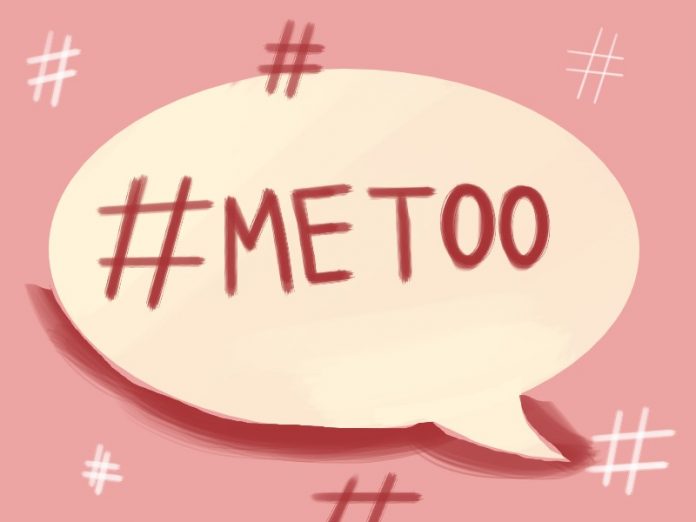Xiaotong Zhou
Staff Writer
The #MeToo movement continues to make a stir on social media and arouse public awareness of sexual harassment and assault after the revelations of sexual misconduct allegations against Harvey Weinstein. This movement has spread like a virus on social media. However, there are dissenting opinions that speak against the movement.
Oprah Winfrey, this year’s winner of the Cecil B. DeMille Award, delivered a powerful speech about #MeToo at The Golden Globes and touched on topics from race to gender. “Time is up,” Winfrey said. Winfrey said it’s time for women to not be silenced and time to “speak the truth to the power of those men.”
Winfrey’s inspiring and powerful speech represents the mainstream Hollywood attitude towards #MeToo. Many Hollywood A-listers showed their support for women who have suffered from and spoken out against sexual predators by wearing black to attend the Golden Globes. “Wonder Woman” star Gal Gadot, Nicole Kidman, Holly Hunter, Saoirse Ronan, Mary J. Blige, and Allison Janney all wore black to the event.
However, a group of prominent women in France wrote in a letter that overzealous sexual misconduct allegations threatens sexual freedom. This group included women activists, academics, and actresses.
“Rape is a crime,” the letter said. French women from the entertainment, publishing, and academic fields signed the letter on Jan. 9. “But insistent or clumsy flirting is not a crime, nor is gallantry a chauvinist aggression.’’
“It is the nature of puritanism to borrow, in the name of the supposed collective good, the arguments of the protection of women and of their emancipation to better chain them to their status as eternal victims; poor little things under the control of demonic phallocrats, like in the good old days of witchcraft,” according to the letter.
Still, people have different views about defining sexual harassment and assault. Seeing intrusive “insistent or clumsy flirting” as a nonevent is unacceptable.
“When I was 19, on the bus, a guy ejaculated on my coat,” Nadia Daam, a French journalist, wrote on Twitter. “I don’t know if it was a ‘nonevent,’ or the expression of ‘sexual misery,’” Daam continued. “But I threw my coat away and didn’t take the bus for two years.”
No one can deny the cruel fact that many women and men suffer from sexual harassment and assault. BuzzFeed News received a trove of data on every sexual harassment claim filed with the United States Equal Employment Opportunity Commission. Of more than 170,000 claims from 1995 to 2016, which didn’t include identifying details, women filed 83 percent of the claims; men filed 15 percent. The remaining 2 percent didn’t specify a gender.
These claims didn’t include people who were afraid to speak out. Clearly, countless incidents in the workplace don’t receive enough attention which means we are still far away from realizing equality.
In fact, the #MeToo movement has not gone far enough. Women and powerless men are still suffering from sexual misconduct. There is no room to discuss whether #MeToo has gone too far since we haven’t made enough efforts to help victims. The perceived people can only talk about the right to pursue sexual freedom after successfully preventing sexual harassment and assault.











